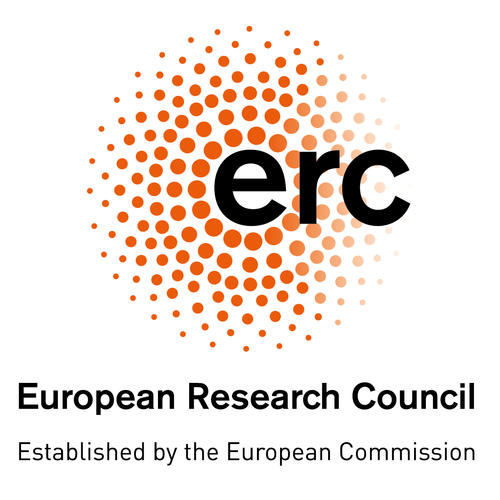Biological constraints on neural network models of cognitive function.
Friedemann Pulvermüller, Rosario Tomasello, Malte Henningsen-Schomers, Thomas Wennekers – 2021
Neural network models are potential tools for improving our understanding of complex brain functions. To address this goal, these models need to be neurobiologically realistic. However, although neural networks have advanced dramatically in recent years and even achieve human-like performance on complex perceptual and cognitive tasks, their similarity to aspects of brain anatomy and physiology is imperfect. Here, we discuss different types of neural models, including localist, auto-associative, hetero-associative, deep and whole-brain networks, and identify aspects under which their biological plausibility can be improved. These aspects range from the choice of model neurons and of mechanisms of synaptic plasticity and learning to implementation of inhibition and control, along with neuroanatomical properties including areal structure and local and long-range connectivity. We highlight recent advances in developing biologically grounded cognitive theories and in mechanistically explaining, on the basis of these brain-constrained neural models, hitherto unaddressed issues regarding the nature, localization and ontogenetic and phylogenetic development of higher brain functions. In closing, we point to possible future clinical applications of brain-constrained modelling.

